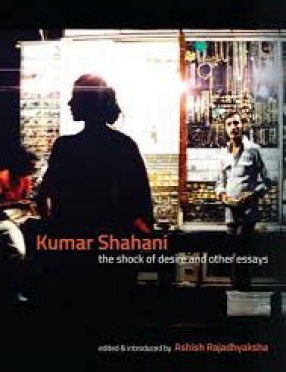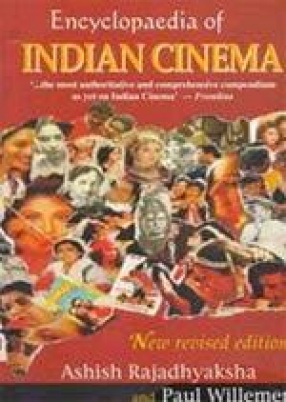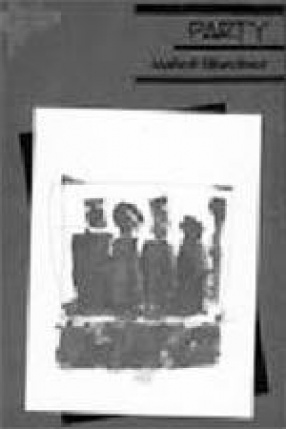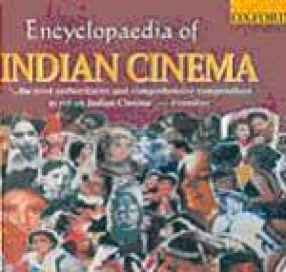
Showing all 4 books




The fifty-one essays compiled in this book were written over a forty-year period by India’s leading independent filmmaker. They provide new insights into a turbulent era in modern India’s cultural history. Although known primarily as a filmmaker, Kumar Shahani has taught, spoken and written on a variety of subjects over this period, that include the cinema, but also politics, aesthetics, history and psychoanalysis. In these essays Shahani addresses ...

It is with pleasure that we present before you a revised and updated second edition of the Encyclopaedia of Indian Cinema. The book’s indices, filmographies and film entries have now been brought up to 1995. We present new entries on stars, directors and composers who have made their mark in the 1990s, and a vastly expanded section of film entries where we have especially covered mainstream productions from the 1970s-90s. These are films that are most likely to ...

In Party, Mahesh Elkunchwar takes a Chekhovian look at the members of the ‘creative’ set in an Indian metropolis, with their pretensions, rivalries, aspirations, and frustrations, even as they are stalked like a guilty conscience by Amrit, the one among them who chose to drop out of the set and went over to live and fight with marginalized tribals who were being denuded progressively of their human rights by the land-grabbers. The play happens to be a party ...

Producing a reference work about a national cinema is an uncomfortable project. Both Seamus Deane, an Irish intellectual, and Aijaz Ahmad, a subcontinental intellectual, have produced powerful critiques of the very attempts to provide a history of any particular art-form presented in terms of a nation-state’s achievements. In this respect, a reference work is no different from a historical account: both construct what they purport to address. A book purporting ...
